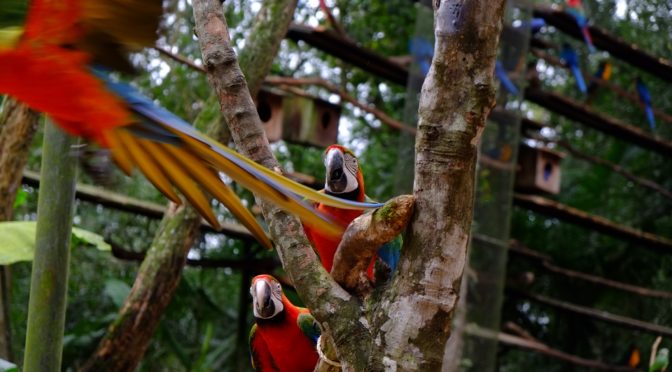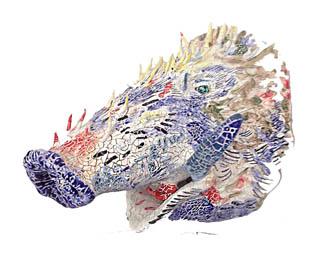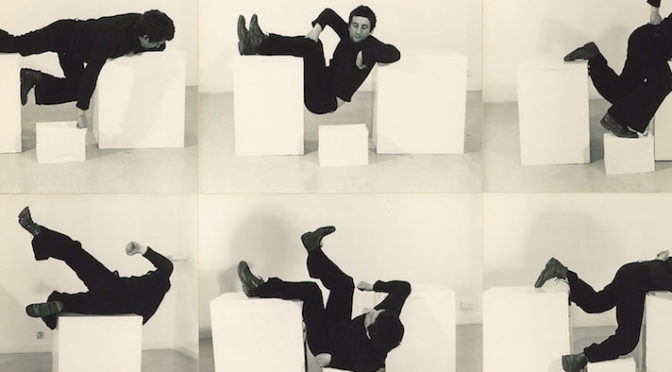Mezinárodní konference
Místo: Varšava
Datum: 24. a 25. května 2019
Organizátoři: Filozofický ústav, Centrum francouzské civilizace, Univerzita ve Varšavě
Partneři: CEFRES
Jazyk: angličtina
Kompletní program ke stáhnutí zde.
Delegitimizace jako sociální fenomén (EN)
An event, consequently, is not a decision, a treaty, a reign, or a battle, but the reversal of a relationship of forces, the usurpation of power, the appropriation of a vocabulary turned against those who had once used it, a feeble domination that posits itself as it grows lax, the entry of the “masked other”. Michel Foucault, Nietzsche, Genealogy, History
It is quite striking that Foucault’s definition of historical event bears all the characteristics of delegitimization i.e., the loss of authority or an abrupt refusal of recognition. This is no coincidence. Delegitimization is a historical event because it appears as the precondition for the possibility of any novelty in the social world. It is the negative moment preceding any positivity. Delegitimization precedes the change and generates it. The weapons held by the authority are turned against it, the sacred is turned into profane, the glorious into infamous, what is weak becomes strong, and the ignominious takes place in the sun. The figure of delegitimization is indeed one of the most powerful in the modern social imaginary – it arguably represents a heroic moment of progress.
The edifice of the Enlightenment was built through all series of delegitimizations: the delegitimization of Aristotelian teleology paved the way for modern science; the delegitimization of revelation brought the freedom of thought and of speech; the delegitimization of monarchy produced democracy; the delegitimization of privilege – equality before law. Delegitimization pairs up with either collective or individual emancipation. Moreover, in modern societies, delegitimization becomes an institutionalised game. Inscribed within scientific, artistic and political fields it ensures their internally competitive nature. We confront here an apparent paradox where the very legitimacy of any distinction or advantage depends on the possibility of delegitimization standing at bay. Yet, this seems to be a virtuous paradox. If we recognise that every legitimacy, even if to a different degree, carries some fair amount of the arbitrary usurpation and violence, it plainly deserves to be exposed to a reversal of fate.
And yet delegitimization as social practise is far from being an innocent endeavour. It hardly meets any normative expectations. It rarely passes only through a fair critique, it produces strawmen, misinterpretations or puts things out of proportion. The enterprise of delegitimization favours the performative efficiency over the power of argument; the feeling over the reason. It has aversion to nuance. As some prominent contemporary thinkers point out, it proceeds by fabricating empty signifiers filled with imaginary equivocations. Not only does delegitimization distorts its objects, it also constantly manipulates, displaces or conceals the subject of the whole making. The subject of delegitimization is often, if not always, ‘a masked other’ as denunciator rarely speaks undisguised and in his own name; he is rather a Porte-parole for entity of his own making. The art of delegitimating is indeed the backbone of populism. And so the ‘masked other’ appears elsewhere and in different form, when delegitimating turns no longer against holders of power and prestige but against those who lack them dramatically. Withdrawal of recognition targets mostly the ones who lack recognition, by means of stigmatisation, vilification, objectification and dehumanisation. Delegitimization is therefore inherent in every pogrom or genocide.
The goal of our seminar is an interdisciplinary exchange aiming at understanding contemporary crises of legitimation. We hope to achieve this by taking the broadest possible scope in space, time and method.




